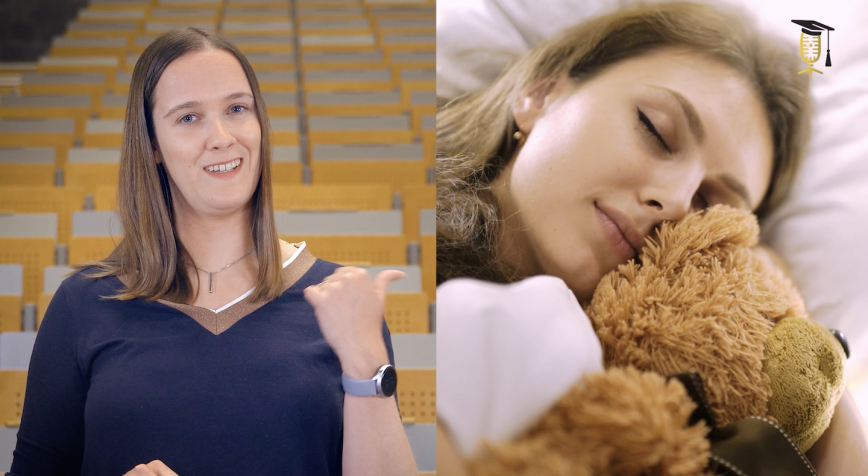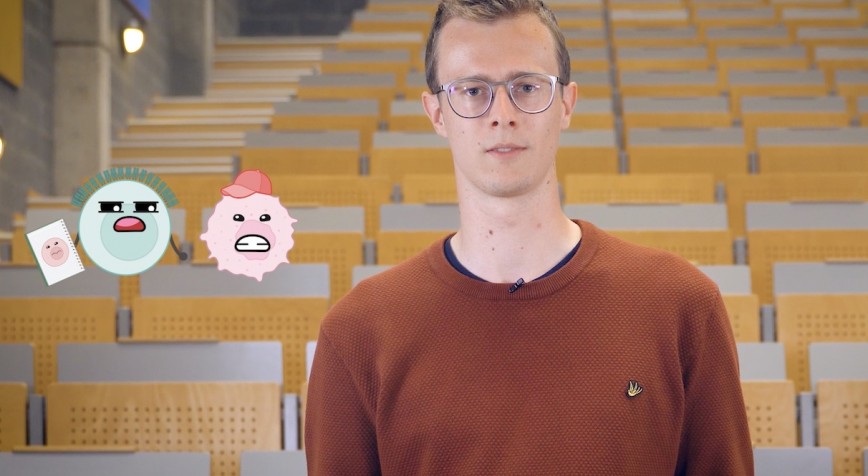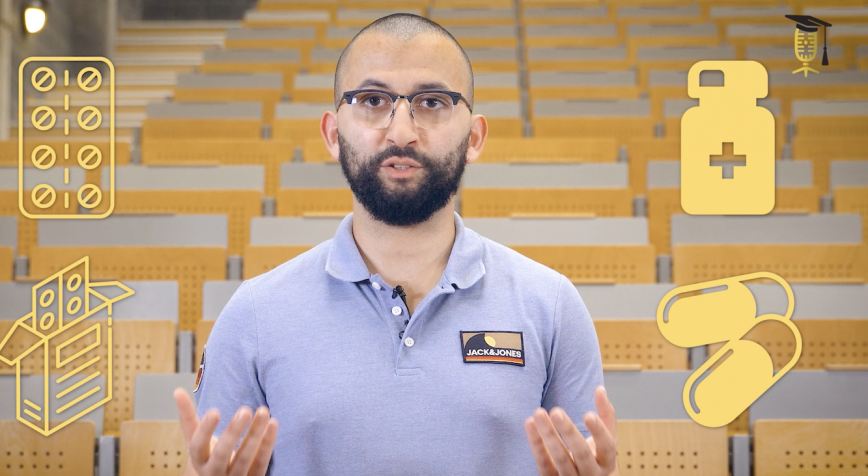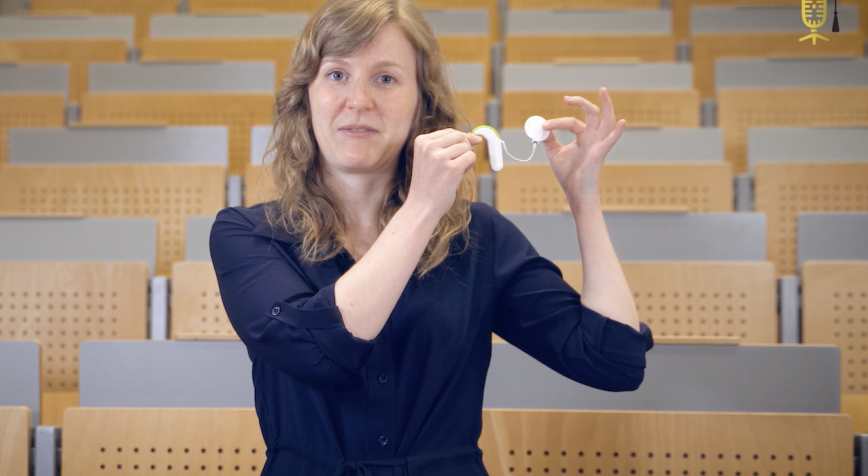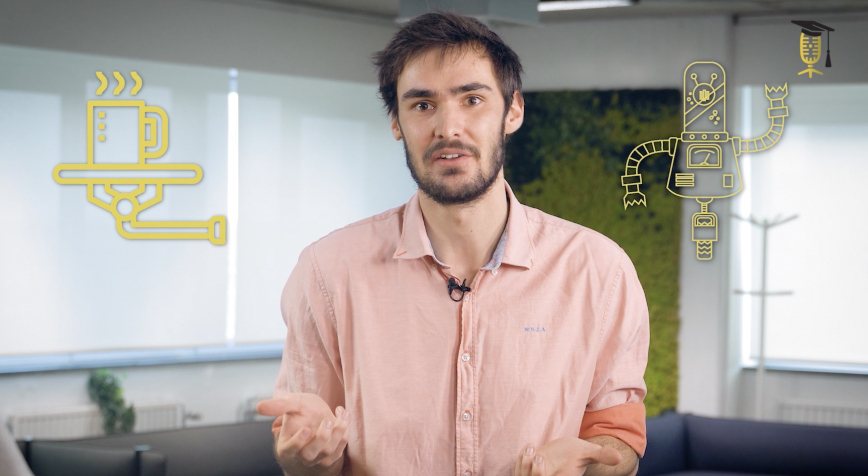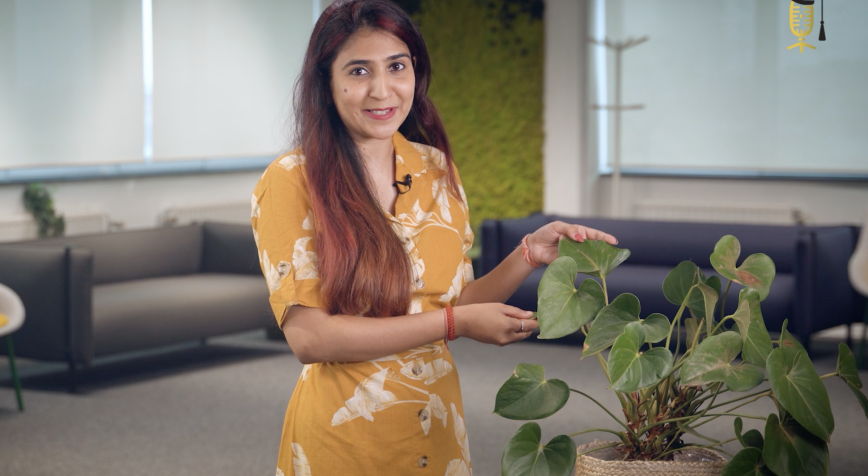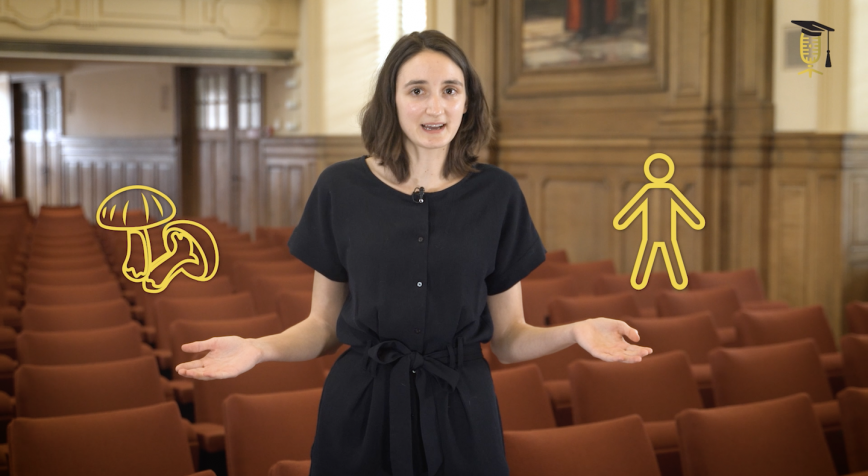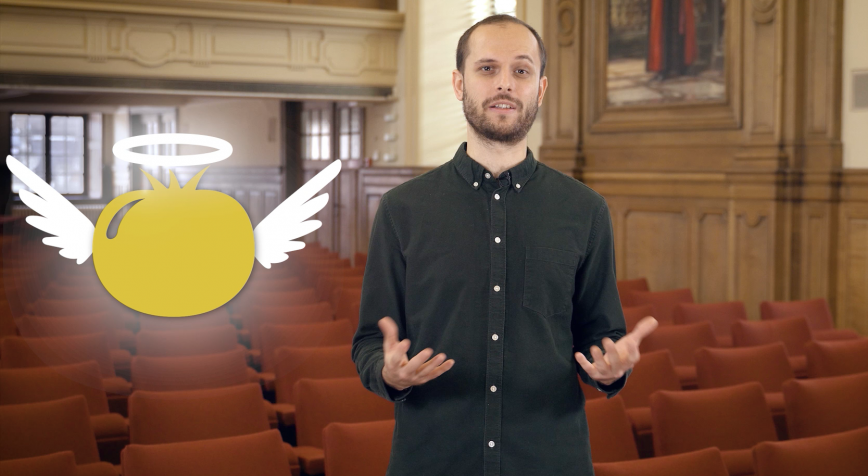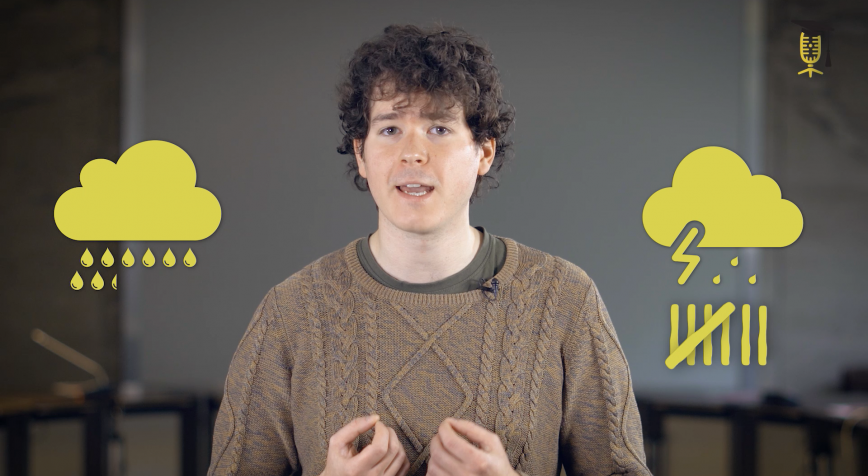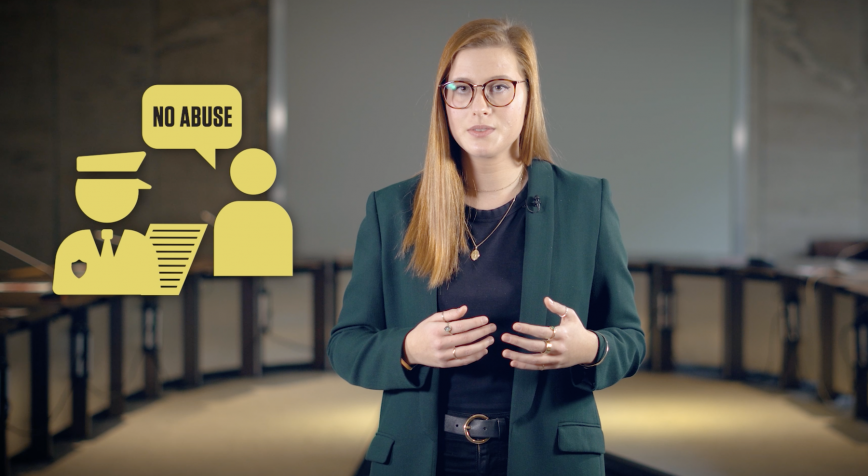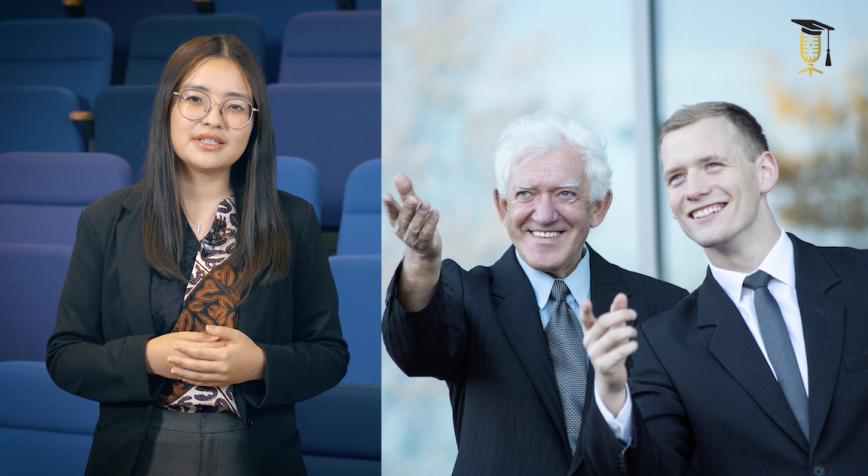
KU Leuven
Vlerick
Young professionals: should they imitate their seniors?
Picture two senior auditors: one is very meticulous in his work and always follows the rules. The other likes making shortcuts, by not closely following the rules. Which of these two will a junior auditor then imitate? And how does this affect his or her work quality? That's what Viola Darmawan (Vlerick Business School) is investigating. Find out more in the video.

